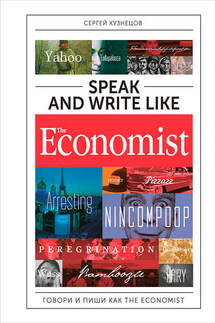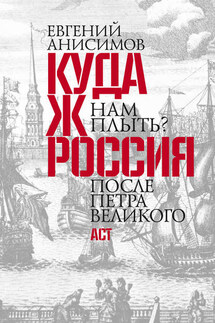Speak and Write like The Economist: Говори и пиши как The Eсonomist - страница 16
The original sin begins (depending on the chapter) in 1914, when the world suspended the gold standard at the start of the first world war; in 1933, when Franklin Roosevelt devalued the dollar against gold; in 1971, when Richard Nixon ended the dollar's convertibility to gold under the Bretton Woods system; or in 1987, when Alan Greenspan cut interest rates after the stockmarket crash.
What is the single most important price in the world? Popular answers are the price of oil, American interest rates or the dollar. Yet Chinese wages are, arguably, more important. China has by far the world's biggest labour force, of around 800m – almost twice that of America, the European Union and Japan combined.
In 1820, as some historians reckon and Chinese commentators like to point out, China's GDP was one-third of the world total. Then the reversals of the century of humiliation brought it low. By the 1960s, China's GDP had dropped to just 4 % of the world total. Now it has recovered to about one-sixth of the world's GDP – and at least 90 % of America's – in purchasing-power parity terms, according to the Conference Board, a business research organisation. Nationalists eagerly await the day when China's economy becomes once more the biggest in the world by any measure.
The super-duper rich are surprisingly unimaginative when it comes to dreaming up new ways to outdo each other. It includes such essentials as a mini-submarine, a hair salon and two helipads. Owning a yacht with only one helipad would be embarrassing – a bit like owning a football club that is only fourth in England's Premier League.
Over 1.2 billion people have to defecate in the open. Surprisingly, some of those who have to defecate in the open do not mind. Some rural men, and even women, quite enjoy a social squat in the bushes. Slum-dwellers in Nairobi have to pick their way through streams of sewage and take care to avoid "flying toilets", plastic bags filled with excrement that are flung with desperate abandon into the night. Nearly two-fifths of the United States' 25,000 sewer systems illegally discharged raw sewage or other nasty stuff into rivers or lakes in 2007–09, and over 40 % of the country's waters are considered dangerously polluted. Contaminated water lays low almost 20m Americans a year.
Cyprus never misses an opportunity to miss an opportunity.
In Ghana the funereal send-off is as important as the life itself. But the costs, borne by extended families, can be punitive. Some 45 % live on less than $1 a day, 79 % on less than $2. Yet funerals tend to cost between $2,000 and $3,500. "Money measures the quality of the funeral and the family," says Sjaak van der Geest, an anthropologist. The more cash spent, the higher the reputation of the deceased and the family. Mr Okai died in hospital, then spent almost three months in the morgue, at a cost of $521: the longer your body is in the fridge, the more prestigious. The Ga king, recently buried in Accra, was on ice for 18 months; the Dagbon king, in northern Ghana, for a record four years.
Nobody knows how many homeless there are in Paris.
US Treasury Secretary Geithner's life in the trenches has produced its own vocabulary. Serious decisions are "consequential", good ideas are "cool", better ideas are "compelling" and the best ideas are at "the optimal frontier". During a crisis "plan beats no plan", jury-rigged measures in the face of unavoidable disaster are "foam on the runway", and bad outcomes are "dark". Managing public perceptions is called "theatre". "Fuck" also holds a prominent place in the Geithner lexicon, usually as an adjective, not a verb, as in "I have no fucking idea."


